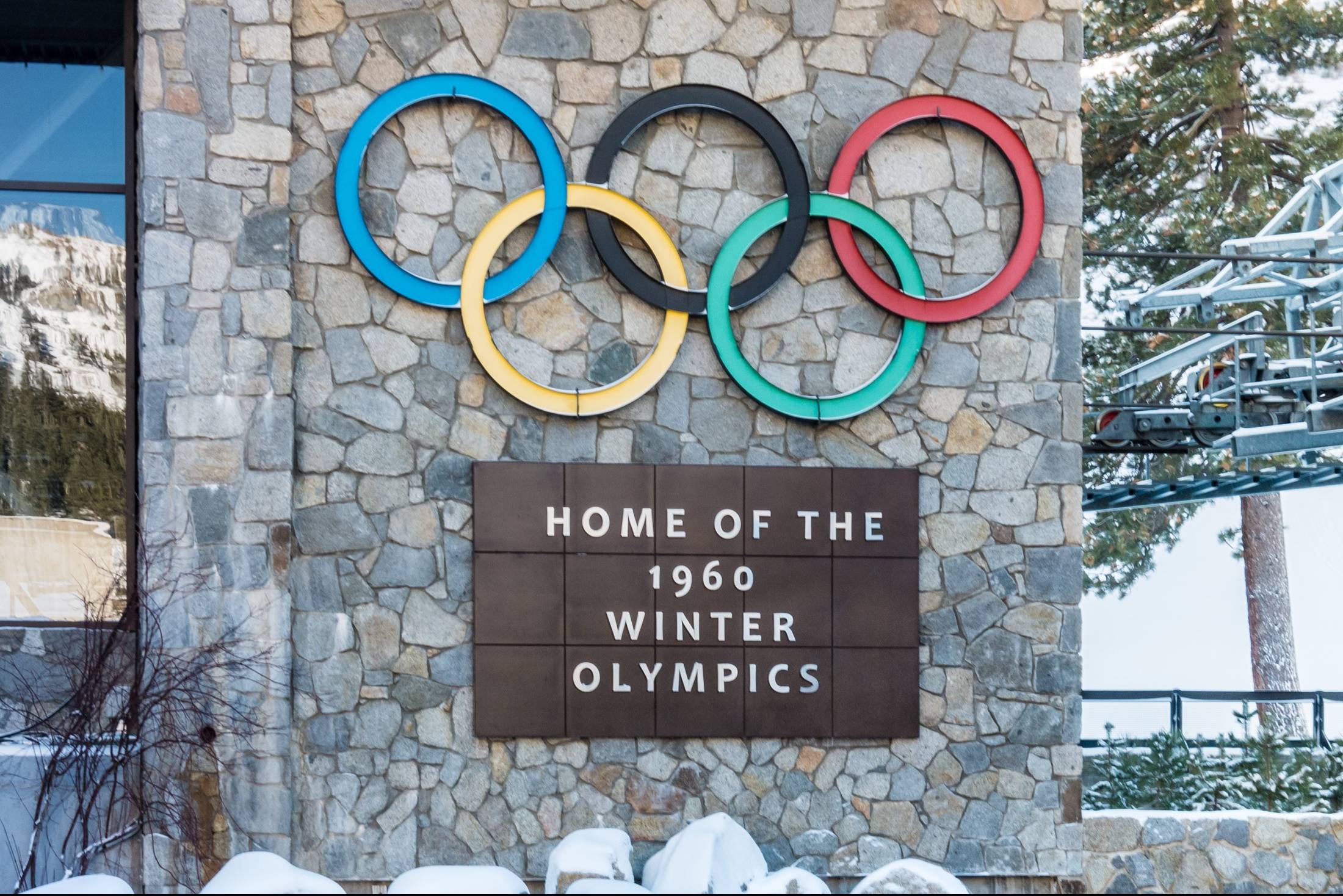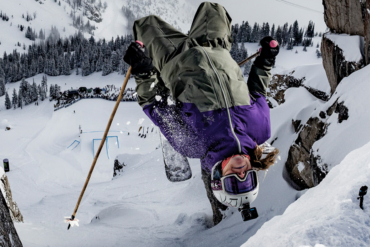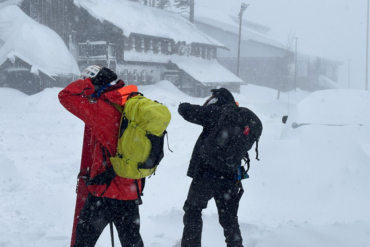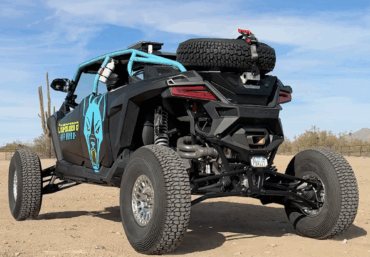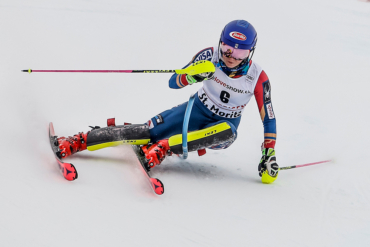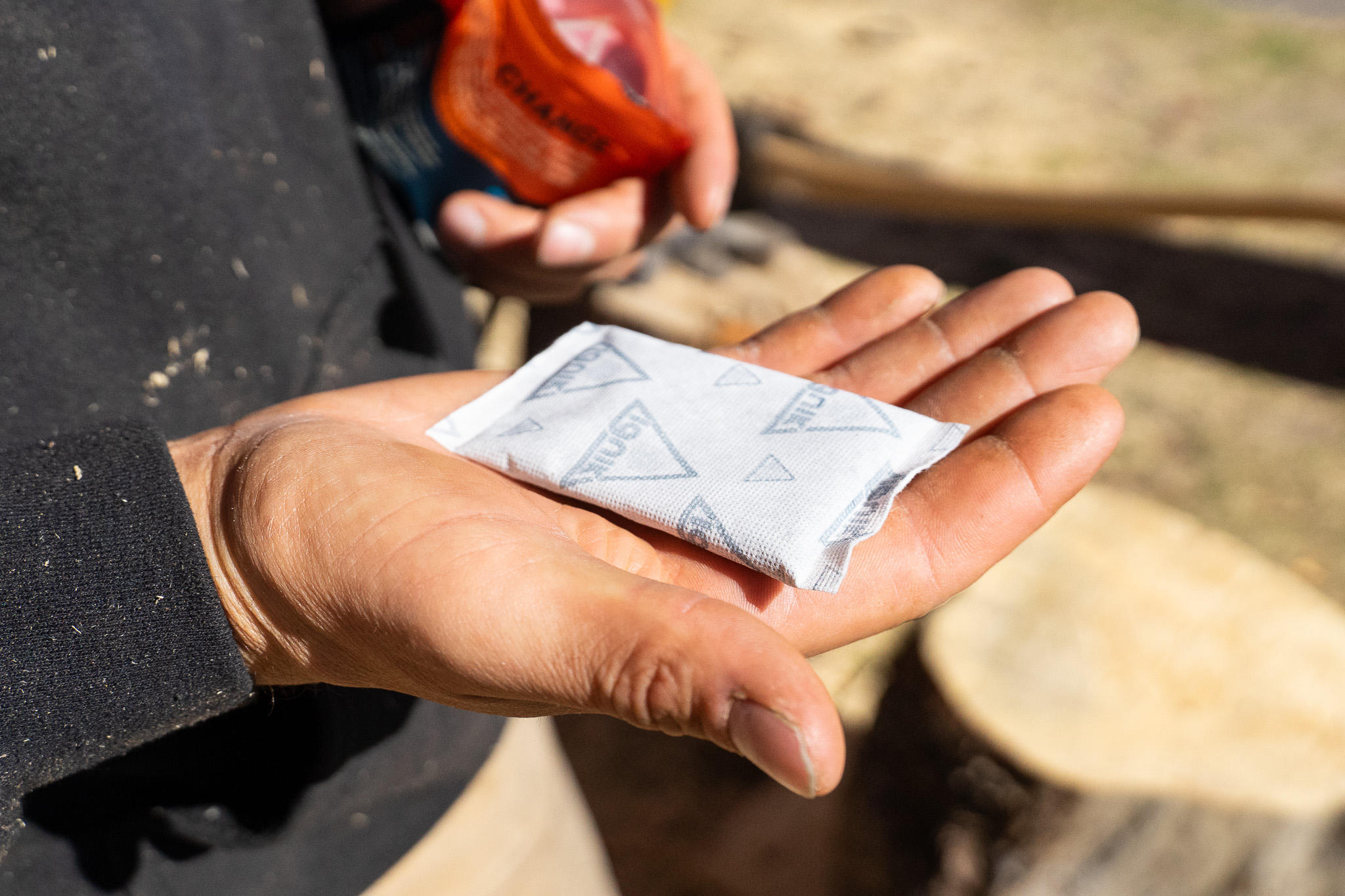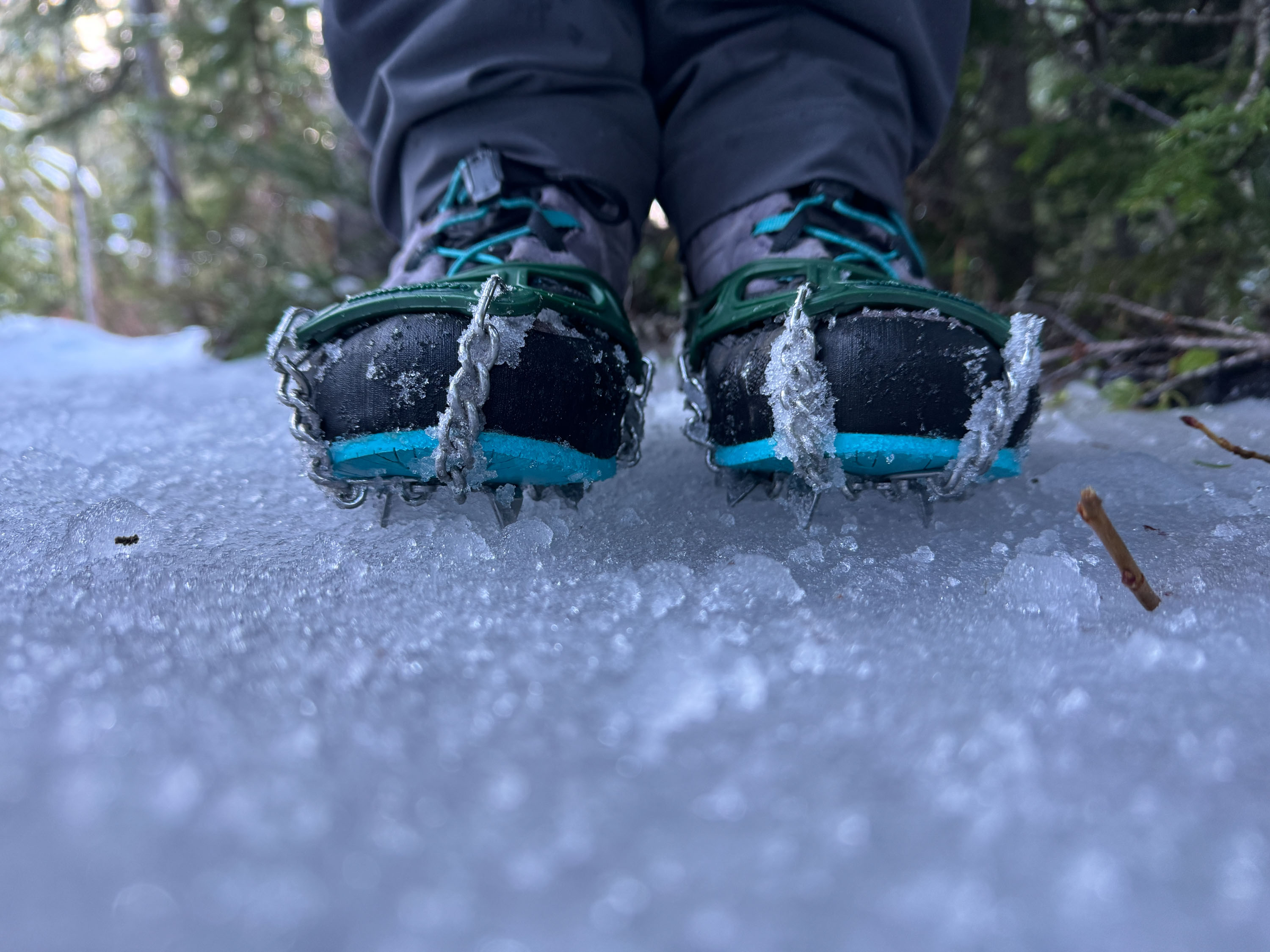Following seven decades of operation under a derogatory and exclusionary name, Tahoe’s globally renowned ski resort will now be known as Palisades Tahoe.
In dismantling the “Squaw Valley” title and adopting “Palisades Tahoe,” the resort removes damaging and offensive language that targets Native women.
The dedicated “New Name” page offers its rationale behind the alteration and hope for a new chapter “that encompasses both our mountains, captures the individuality of our people, and welcomes all guests to take part.”
The change comes on the heels of a yearlong effort to disassociate from the “racist and sexist term” in favor of something better.
What’s in a Name, Really?

A little over a year ago, the destination resort declared its intent to dismantle the moniker “Squaw Valley.”
Back in August 2020, Ron Cohen, the resort’s COO, noted that although its founders “had no intention of causing offense” when naming the resort in 1949, extensive research and consultation revealed the term “squaw” to be an indefensibly racist and sexist slur towards Indigenous women.
He further tempered the public’s expectations: the change would not arrive overnight. To alter the title of such an embedded and longstanding entity would require far more bureaucratic effort and sociological research than would ever meet the public eye.
The resort’s “Why We Changed Our Name” section includes a thorough collection of cited research into the term’s etymology, problematic applications, institutional roots, and sociological consequences throughout time.
Upon becoming a state, California immediately enacted laws to protect and reward the kidnapping, enslavement, and sale of Native Americans. By this time, the term squaw had already taken on a primarily dehumanizing and derogatory context.
Additionally, those leading the renaming effort turned to members of the local Washoe Tribe, whose ancestral lands were in Olympic Valley and whose history in the region predates later settlers by thousands of years.
Darrel Cruz of the Washoe Tribe Historic Preservation Office highlighted the ongoing sociological toll the derogatory term has had on the Washoe people. “The word itself is a constant reminder of the unjust treatment of the native people, of the Washoe people. It’s a constant reminder of those time periods when it was not good for us. It’s a term that was inflicted upon us,” he said.
Consultation with other Indigenous tribes throughout the U.S. yielded similar information. Many of these tribes have mounted pressure from afar to redact “squaw” from the territorial and business names. According to former senator Benjamin Nighthorse Campbell, it has long been considered “one of the four terms most offensive to Native Americans.”
Patti Hibbeler, a member of the Salish/Kootenai Tribe, supplies the reason why it’s so offensive: “The s-word continues to be one that is highly derogatory and of the sexual nature to American Indian women, and one that continues to be used as a negative tool, as a weapon, to make us feel less than human.”
Progress Is a Process
In the formal press release, resort president Dee Byrne explained the impetus behind choosing the new name, Palisades Tahoe, and the inspiration behind the brand’s new logo:
We chose the name Palisades Tahoe because we wanted a name that captured the unique spirit that defines this resort and welcomes all to its slopes … Our new logo, an eagle set among two towering peaks, represents the freedom that has defined generations of people who called these mountains home.
Byrne also noted that starting on Sept. 13, visitors will notice changes in signage and the absence of the old logo from the Palisades Tahoe retail areas. A broader excavation of the old name and branding is underway, but the dismantling of less visible public-facing signage will take much longer — perhaps multiple seasons — to accomplish.
But the initiative, Byrne adds, is pivotal and will lead the continued effort to eliminate exclusionary language from the resort.
“No matter the true origin or intent of the name, we do not believe you can honor someone with a name that they clearly consider to be offensive,” she said.
